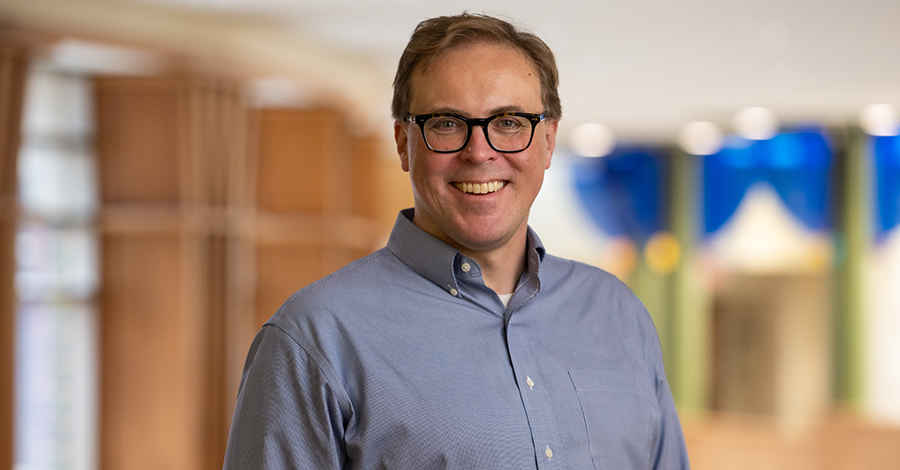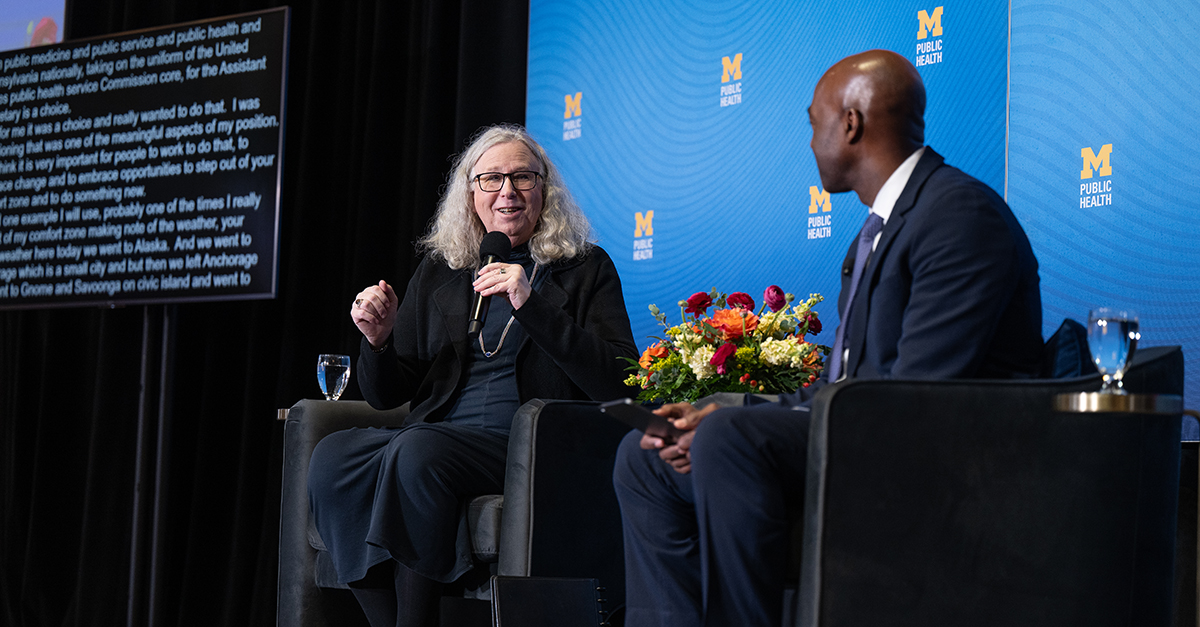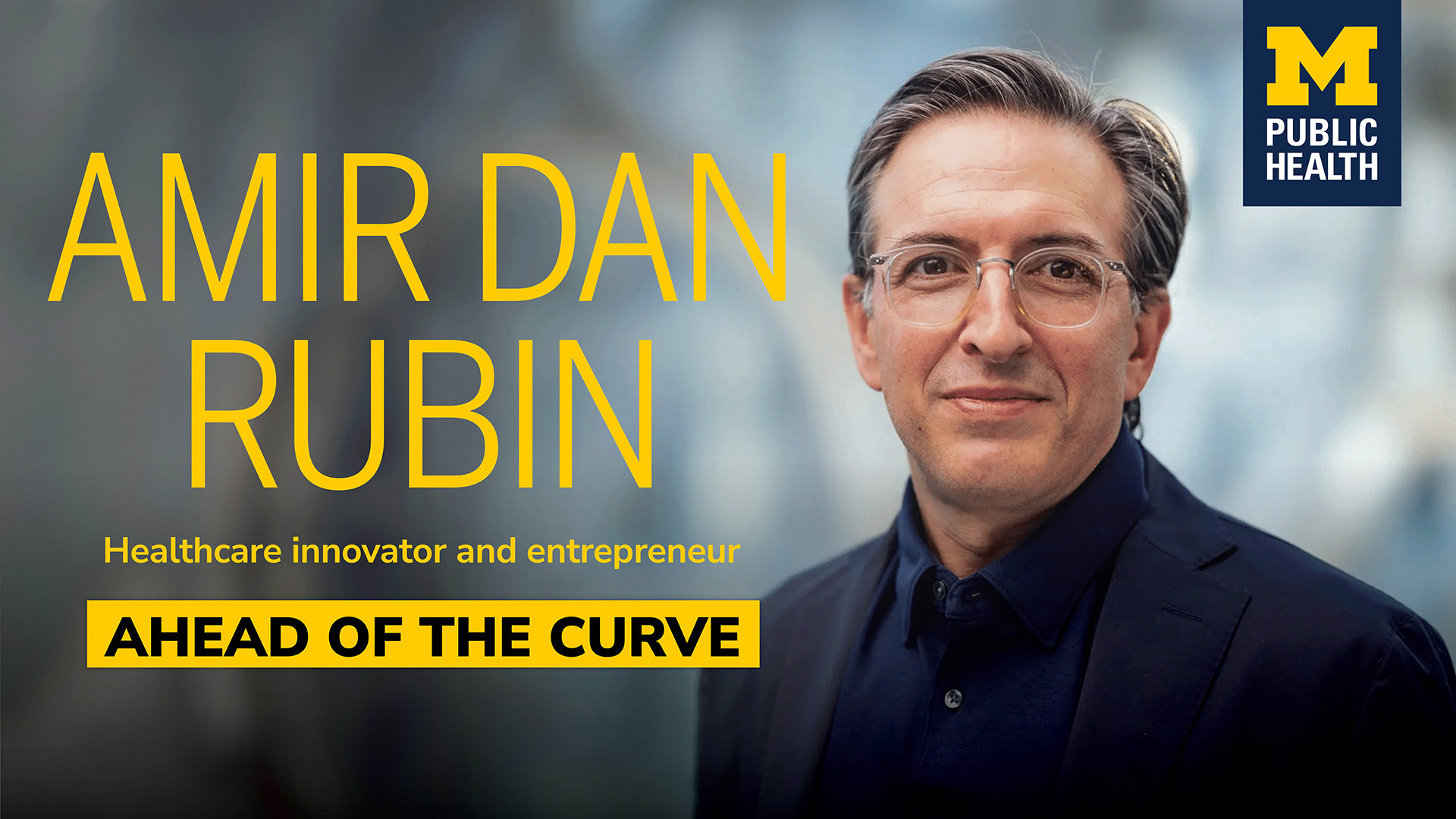
How politics shapes public health systems around the world
Q&A with University of Michigan researcher Scott Greer on democracy, trust and health policy
Scott Greer, professor of Health Management and Policy and Global Public Health, sees the world of health policy through a nuanced political lens. A political scientist at the University of Michigan School of Public Health, he explores how different countries navigate complex health challenges and political systems.




